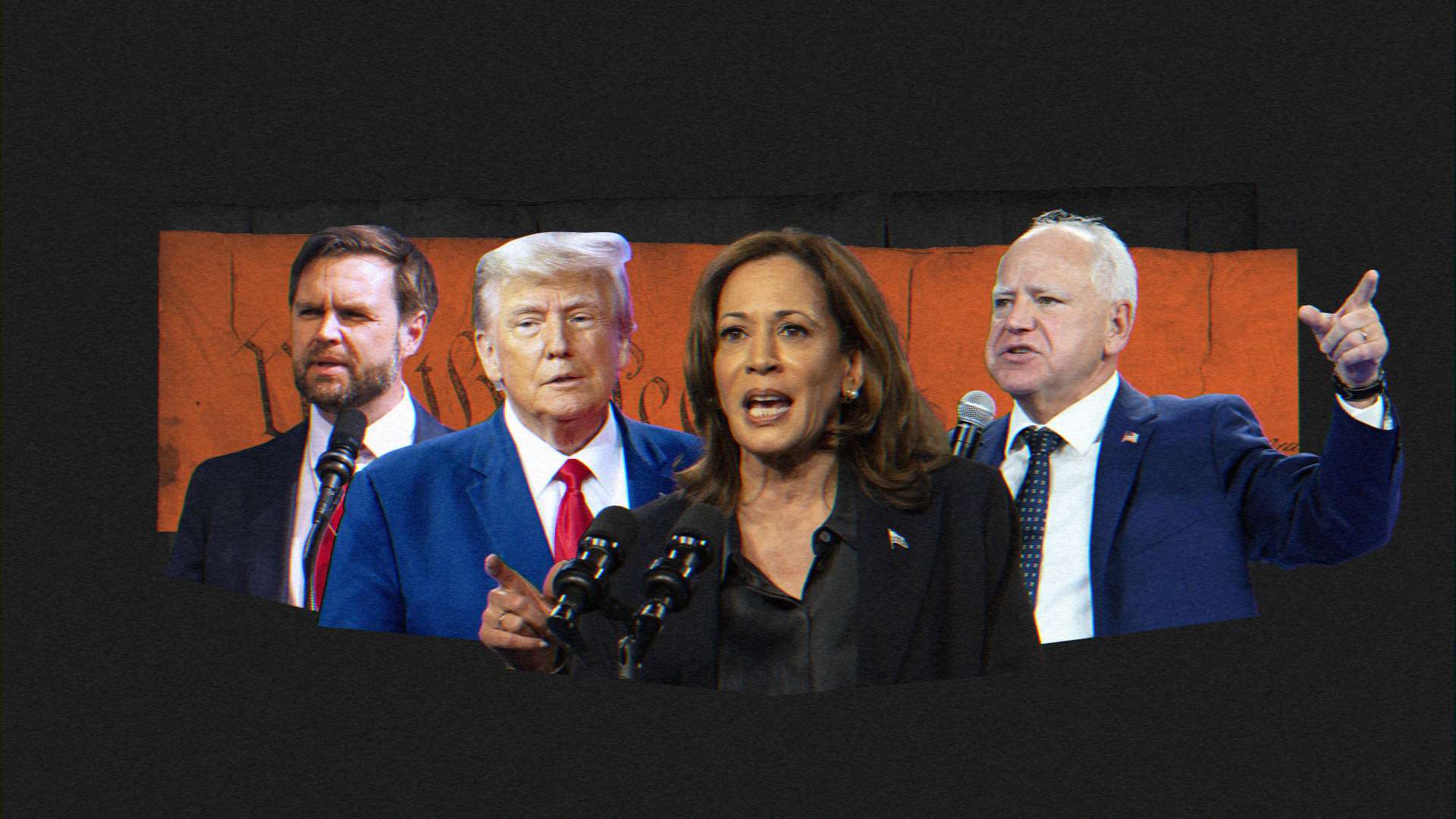Neither Harris nor Trump Advocates for Free Speech
The recent vice presidential debate showcased a significant clash over the issue of free speech, especially in the context of the 2020 election and its aftermath. Democratic candidate Governor Tim Walz of Minnesota questioned Republican Senator J.D. Vance of Ohio about whether Donald Trump legitimately lost his re-election bid. Vance sidestepped the question, redirecting the conversation to an inquiry about Vice President Kamala Harris’s alleged censorship of free speech during the COVID-19 pandemic. This maneuver not only shielded Vance from the contentious topic but also underscored a problematic discussion regarding the administration of speech rights under the First Amendment. The debate revealed deep-seated misconceptions about free speech from both sides, raising concerns about the implications for constitutional rights in the political sphere.
Vance’s reference to the Biden administration’s interactions with social media companies brought attention to a divisive issue: the balance between public health and freedom of expression. During her 2019 campaign for the Democratic presidential nomination, Harris had previously asserted that social media platforms had a responsibility to combat hate speech and misinformation. This stance suggests a belief that government accountability and censorship could coexist under the banner of protecting democracy. However, such views point towards a troubling intersection where freedom of speech may be at risk due to governmental authority deciding what constitutes dangerous content. The implications of government intervention in speech are profound and continue to stir debate among politicians and legal scholars alike.
During the debate, Gov. Walz invoked the famous “you can’t yell fire in a crowded theater” analogy to justify limitations on speech. This illustration, originating from a 1919 Supreme Court decision, has often been misapplied to argue for broader censorship capabilities. The Supreme Court has since evolved its understanding of free speech, rejecting this simplistic test in favor of more protective standards that would make it difficult to regulate controversial speech matters, including hate speech. Both Harris and Walz’s invocation of this model reflects a misunderstanding of First Amendment protections, which extend to widely offensive viewpoints, including those propagated by extremist groups. Thus, the political rhetoric surrounding free speech reform needs grounding in accurate legal precedent.
This confusion over speech protections leads to dangerously oversimplified ideas about what constitutes permissible speech. Legal precedents indicate that even misinformation can fall under constitutional protection, barring specific cases of defamation or fraud. This creates a precarious framework for free speech where government officials may attempt to categorize and restrict speech based on subjective definitions of truth and misinformation. Vance correctly criticized Harris and Walz, but his own approach to free speech raises questions about the broader implications of political leaders identifying and restricting views with which they disagree.
Moreover, while Vance positioned himself against the censorship advocated by Harris and Walz, he demonstrated illiberal tendencies in his own discourse. For instance, he proposed government action against the Ford Foundation due to his opposition to its supported causes. This appears to mirror the authoritarian tendencies exercised by Donald Trump, who champions free speech selectively—advocating for punitive measures against those who criticize him while protecting expressions that align with his political beliefs. Trump’s attitude reveals a broader pattern of viewing free speech as a privilege for allies rather than a fundamental right afforded to all citizens, exemplifying a dangerous precedent in political discourse.
Ultimately, the vice presidential debate reflects a collective ambivalence towards the First Amendment among political figures from both major parties. The lack of a consistent commitment to free speech principles by politicians highlights the need for a more profound respect for constitutional rights. If genuine adherence to free speech were prioritized, the protections enshrined in the First Amendment would not require continuous justification in political contexts. The observed uncertainties in speech rights among candidates assert the critical need for ongoing educational efforts around the history and application of the First Amendment, reminding constituents that freedom of expression remains vital, irrespective of political affiliation.
Share this content:












Post Comment